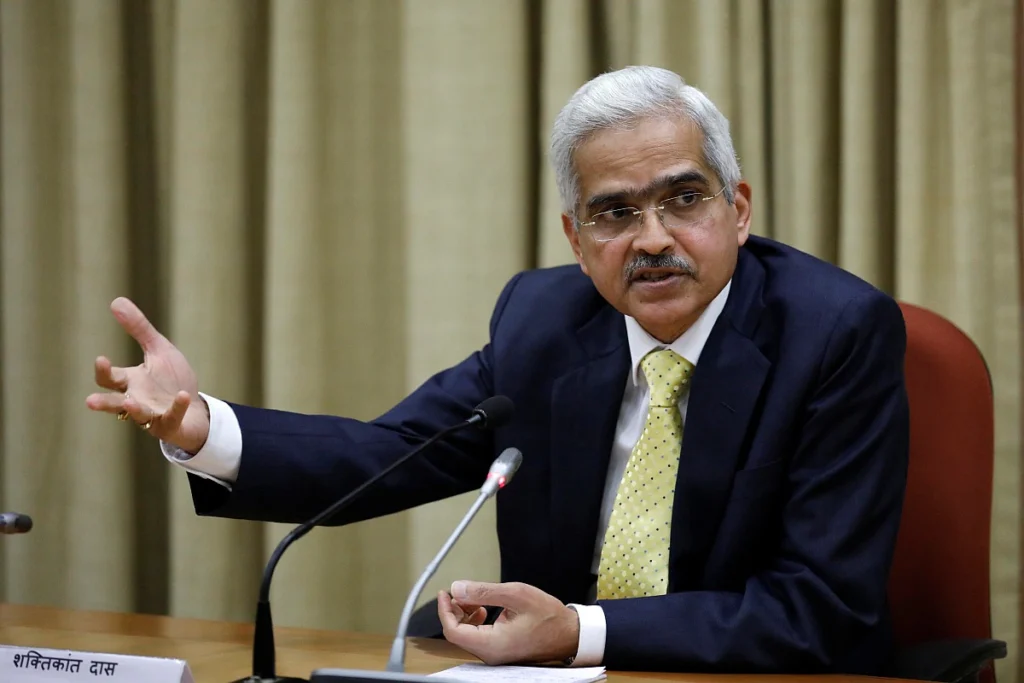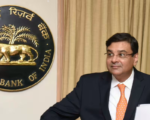Paytm Crackdown Raises RBI Oversight Concerns for Indian Banks

RBI Expected to Intensify Oversight on Fintech Before Governor’s Term Ends
As regulators aim to tighten the reins on financial integrity within India, the recent suspension of Paytm’s banking activities serves as a poignant example. The abrupt halt to most functions of Paytm’s banking arm, a once-prominent player in the fintech realm with notable backers like Warren Buffett and SoftBank Group, was a stark revelation of lax customer verification processes. Allegations surfaced that Paytm had utilized a single identity document for the opening of numerous accounts, underscoring significant compliance failures. While Paytm’s case stands out for its egregiousness, it reflects broader concerns and growing impatience among regulatory authorities.
Instances of inadequate customer due diligence and compliance breaches have become commonplace, resulting in a flurry of penalties for both traditional banks and fintech entities alike. Major financial institutions, ranging from State Bank of India to global players like Citigroup, have faced regulatory scrutiny and fines for lapses in customer vetting protocols. The Reserve Bank of India, cognizant of the persistent deficiencies in regulatory compliance, is poised to escalate its oversight efforts. With Governor Shaktikanta Das’ tenure nearing its conclusion later this year, there’s an expectation that the central bank will intensify its regulatory stance in the coming months.
As the Indian financial landscape continues to evolve and embrace digital innovation, regulatory bodies are grappling with the dual challenge of fostering innovation while safeguarding against financial misconduct. The crackdown on Paytm underscores the urgency for stringent regulatory measures to ensure the integrity and stability of the financial sector. With the RBI likely to adopt a more robust regulatory posture in the near term, financial institutions, both traditional and fintech, face mounting pressure to fortify their compliance frameworks and adhere to enhanced customer verification standards.
“RBI has enough tools and a penalty is just the beginning,” said Prakash Agarwal, founder of Gefion Capital Advisors. He said the fines serve as a “symbolic warning for more dire measures to come, such as a sledgehammer action taken against Paytm bank.”Regulatory concerns are rising as lenders rush to open more accounts and mop up deposits to meet the soaring demand for loans in the fastest-growing major economy.

Most banks typically outsource the last mile of customer verification to third-party firms or so-called runners, and leakages occur at many points in that largely paper process, according to Ashok Hariharan, chief executive officer of IDfy, which provides client vetting services to banks and fintechs firms in India. While big banks can do more, it’s a challenge dealing with firms that don’t have strict fraud and risk teams, he said.
RBI Governor Das has repeatedly warned about the need to strengthen risk management in banks and shadow lenders. Even though bad debts are at a more than decade low, these lapses in customer verification have been among major concerns for the central bank.The RBI move dealt a big blow to Paytm and sent its stock tumbling. Regulators last week extended that deadline to March 15, and Paytm is in talks with other banks to clear merchant payments.
Compliance and accountability are big challenges for the financial system, which now includes a lot of links among banks, fintechs and others, according to K.V. Karthik, who leads the financial services sector for Deloitte in India. “With such a sharp growth in so many small fintech firms in the ecosystem, RBI probably wants to put out a stern and clear message that everyone must follow rules very seriously,” said Gefion Capital’s Agarwal.





















